CURRICULUM/ROTATIONS BY YEAR
Program Director Interview: Hannah Mishkin, MD, MS, FACEP
Conference
Emergency Medicine didactics are held every Thursday from 8a-1p. Sessions are given primarily by core faculty and clinical faculty. Lecturers utilize many different teaching styles, such as small group sessions, oral board based cases, flipped classroom, and discussion format. We believe different modalities can appeal to different learning styles as well as reinforce information from different perspectives. There are weekly oral and written board review sessions utilizing Foundations of Emergency Medicine and Tintinalli’s Emergency Medicine readings as well as presentations, quizzes, games, and discussion. Several guest lecturers are also invited to lecture on various topics, including palliative care, rural medicine, and other specialty care. Simulation sessions are held recurrently in the simulation center for procedural competencies and resident-led cases.
Journal Club
Residents are trained to critically appraise the medical literature through our monthly Journal Club. These sessions are led by the residents and promote an awareness of latest controversies in EM. Journal Clubs are typically held off-campus in a social environment that promotes residency cohesion, wellness, and camaraderie.
Ultrasound
Point-of-Care Ultrasound at Reading Hospital supports the high volume, high acuity Emergency Department with focused, time-dependent diagnostic ultrasound and safe procedural guidance. First year residents have a 4-week ED based rotation setting a foundation in basic physics, knobology, and safety while practicing the core applications in eFAST, cardiac, aorta, renal, biliary, pelvic, lung, and deep vein thrombosis. Highlights of the rotation include access to scan a breadth of pathology, 1:1 bedside teaching with the ultrasound director, personalized didactics, and weekly quality assurance image review. After the rotation, ultrasound didactic and image quality assurance training are featured in resident conference. Bedside teaching is a staple on ED clinical shifts with all faculty and 1:1 training is available with the ultrasound director throughout the year.
The mission of ED Point-of-Care Ultrasound at Reading Hospital is for clinical excellence, particularly with life-saving applications. We aim for residents to accomplish this mission safely via emphasis on protocolized image acquisition and practiced spaced repetition of image interpretation.
Wellness
Our Residency strongly encourages wellness and actively engages in activities throughout the year that are meant to bring the residents and faculty closer together.
Examples of activities include:
Our robust mentorship program provides residents with direct and regular access to a clinical or core faculty member as well as the having a senior resident mentor and be a mentor a junior resident.
Emergency Medicine Storytelling has been a useful tool to connect young and seasoned physicians through the art of storytelling.
Intern orientation also offers a month of close interactions and social events meant to strengthen the bonds between classmates.
Previous years have included whitewater rafting, escape room, and Luau Party meet and greet.
Our annual residency retreat is another opportunity for all three classes to exchange experiences while bonding over activities such as axe throwing and bowling.
Finally, we have enjoyed the EMRA day of service to engaged in community service and resident fellowship during activities such as Park clean-up and educating the children at Opportunity House.


